Results
-
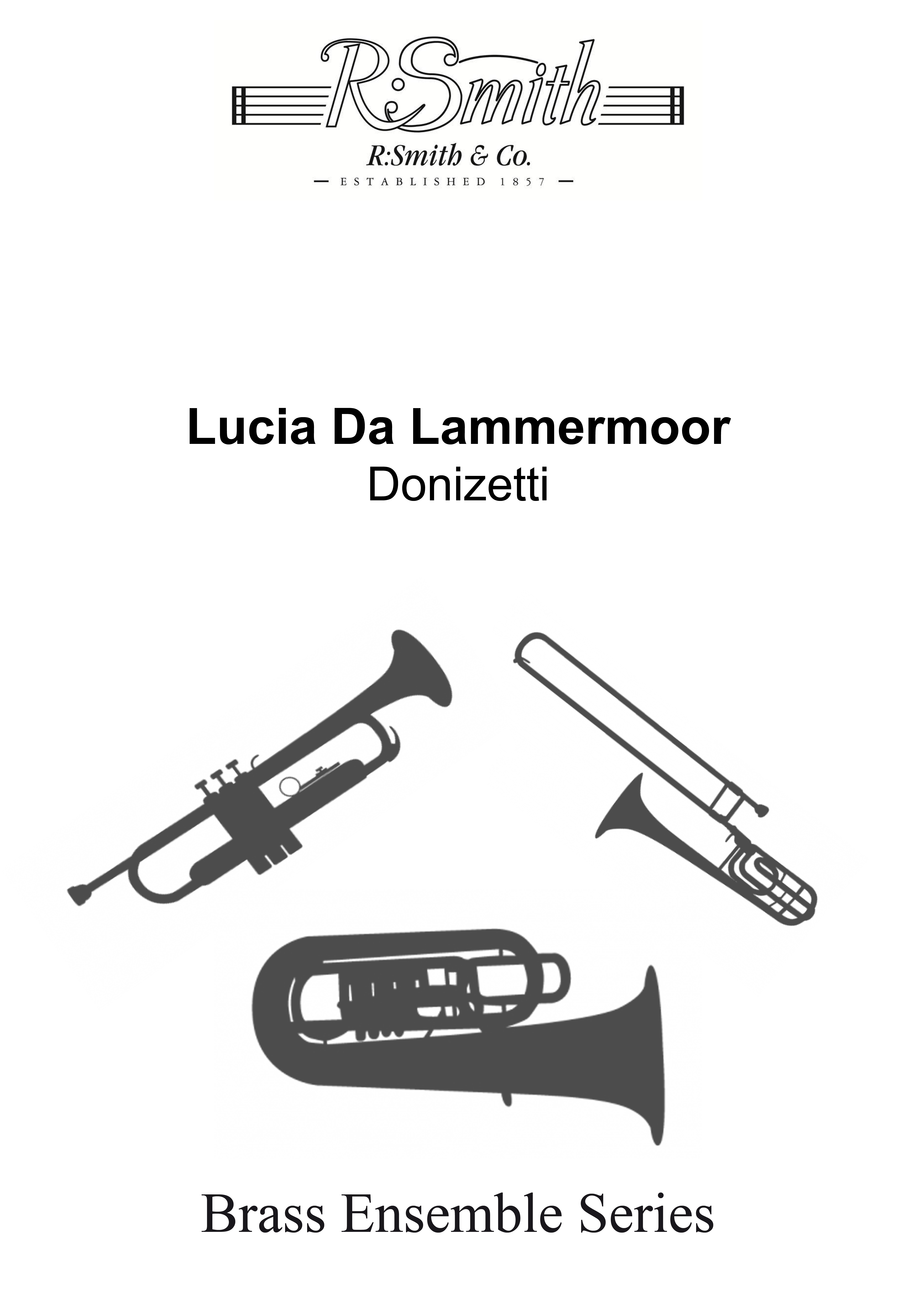 £5.95
£5.95Lucia Da Lammermoor (Brass Quartet - Score and Parts)
Written for 2 Cornets, Eb Horn and Euphonium TC.
Estimated dispatch 7-14 working days
-
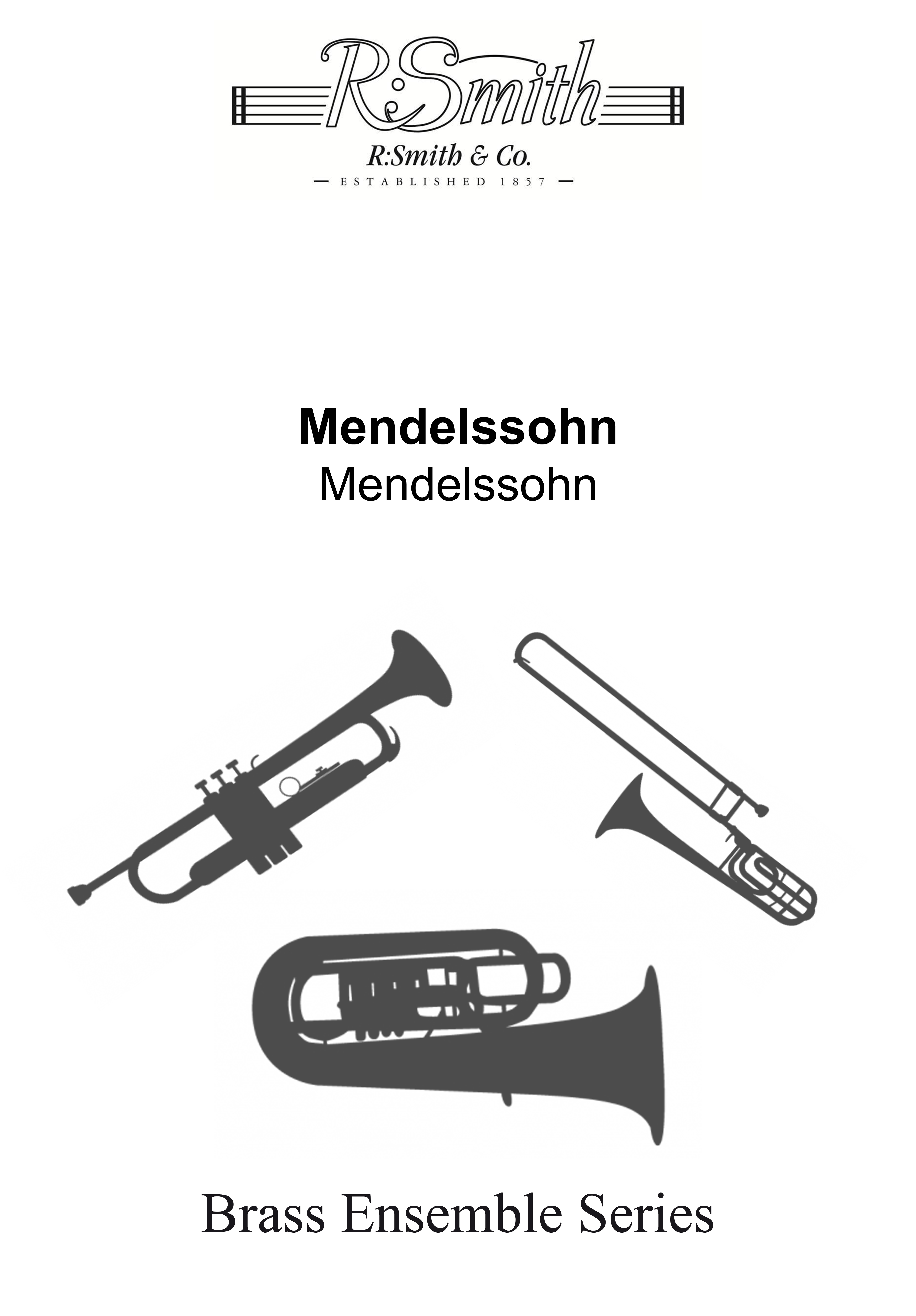 £5.95
£5.95Mendelssohn (Brass Quartet - Score and Parts)
Written for 2 Cornets, Eb Horn and Euphonium TC.
Estimated dispatch 7-14 working days
-
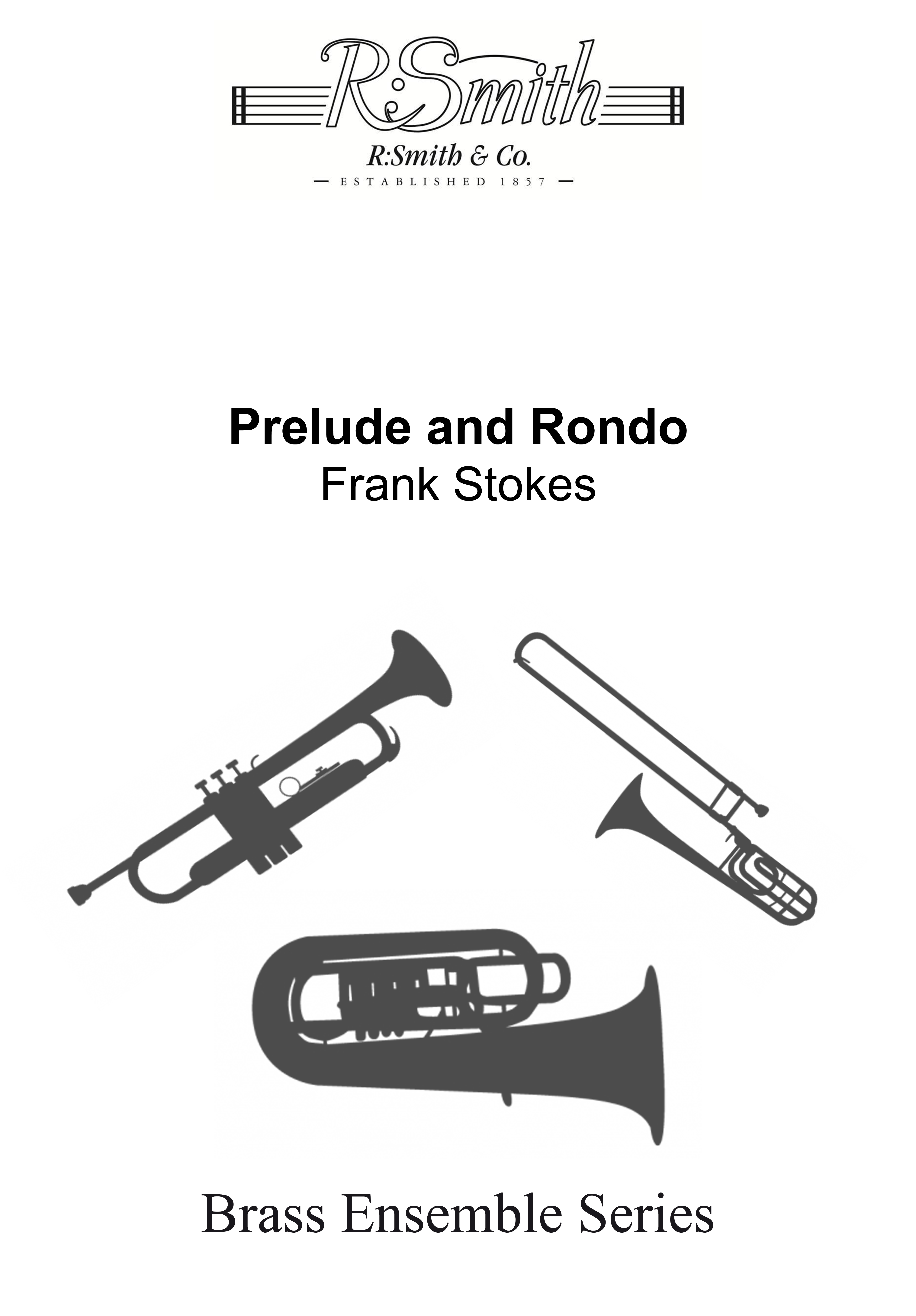 £9.95
£9.95Prelude and Rondo (Brass Quartet - Score and Parts)
Written for 2 Cornets, Eb Horn and Euphonium TC.
Estimated dispatch 7-14 working days
-
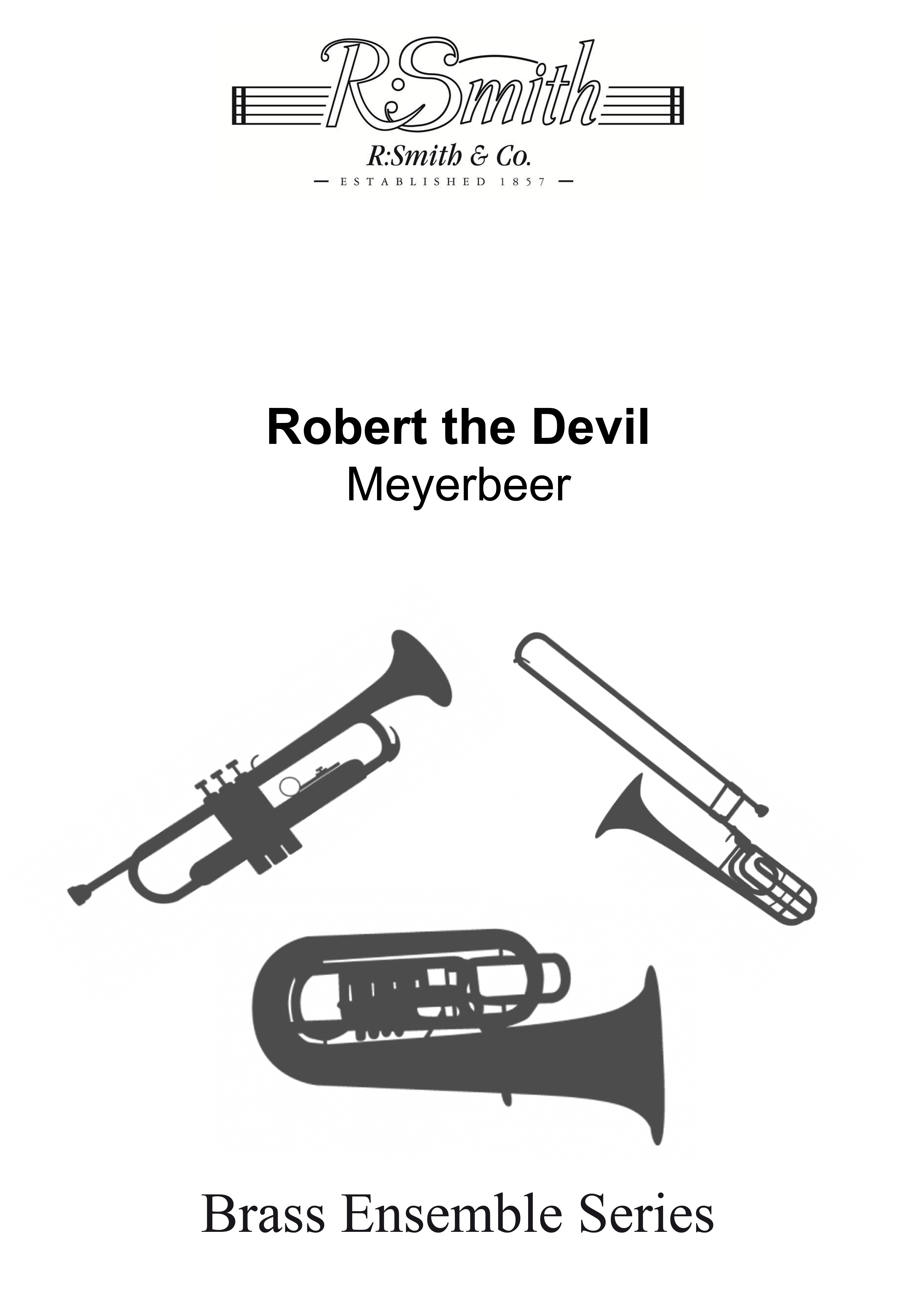 £5.95
£5.95Roberto Il Diavolo (Brass Quartet - Score and Parts)
Written for 2 Cornets, Eb Horn and Euphonium TC.
Estimated dispatch 7-14 working days
-
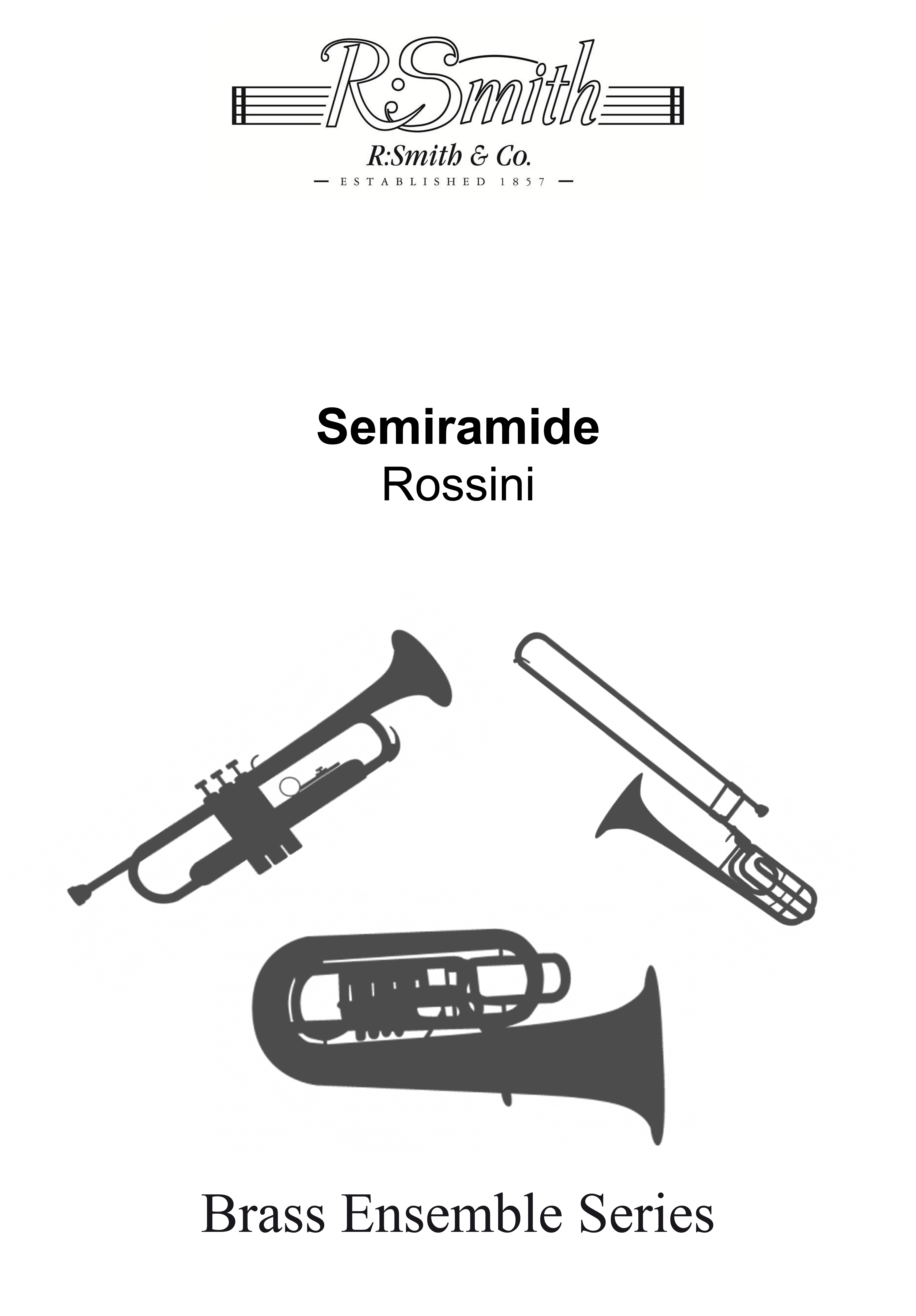 £5.95
£5.95Semiramide (Brass Quartet)
Written for 2 Cornets, Eb Horn and Euphonium TC.
Estimated dispatch 7-14 working days
-
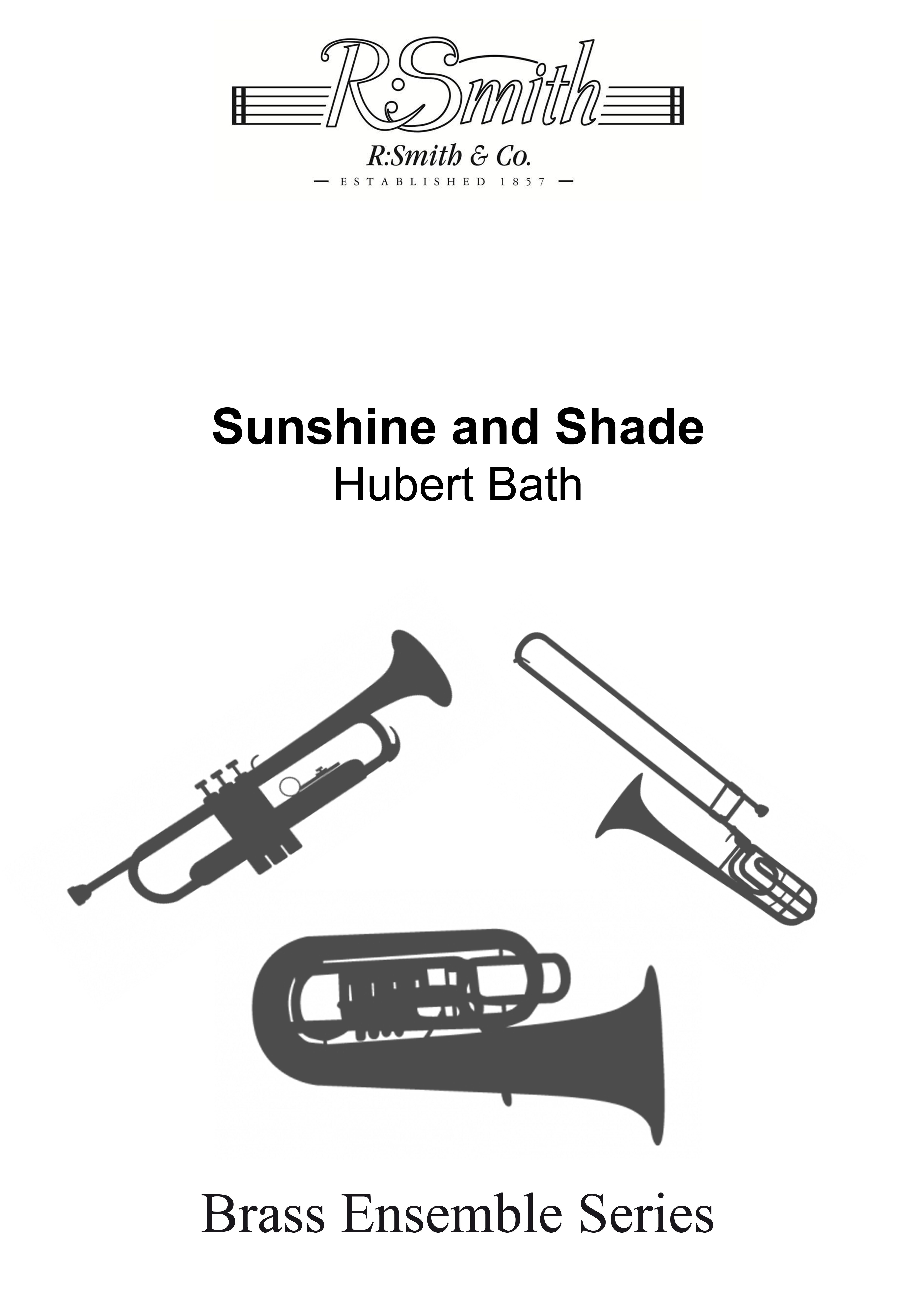 £5.95
£5.95Sunshine and Shade (Brass Quartet - Score and Parts)
Written for 2 Cornets, Eb Horn and Euphonium TC.
Estimated dispatch 7-14 working days
-
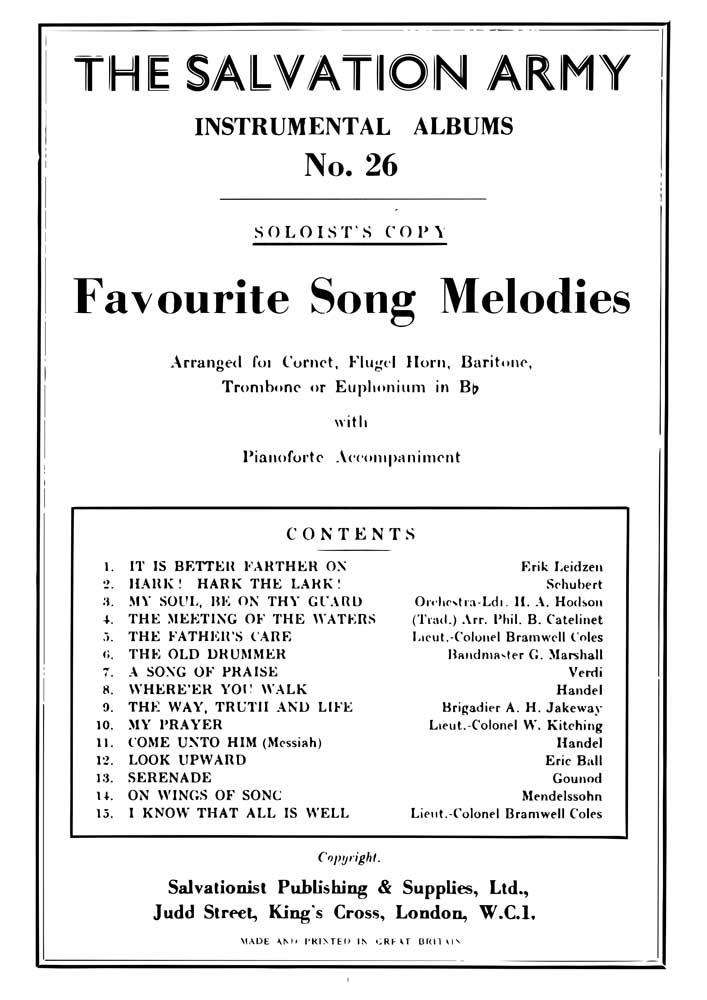 £14.95
£14.95Instrumental Album No.26 - Favourite Song Melodies
Includes: It is better farther on; Hark! Hark the Lark!; My sou, be on thy guard; The meeting of the waters; The father's care; The old drummer; A song of praise; Where'er you walk; The way, truth and life; My Prayer; Come unto him (Messiah); Look Upward; Serenade; On wings of song; I know that all is wellInstrumentation: Arranged for Cornet, Flugel, Baritone, Trombone or Euphonium in Bb with Piano Accompaniment
Estimated dispatch 7-14 working days
-
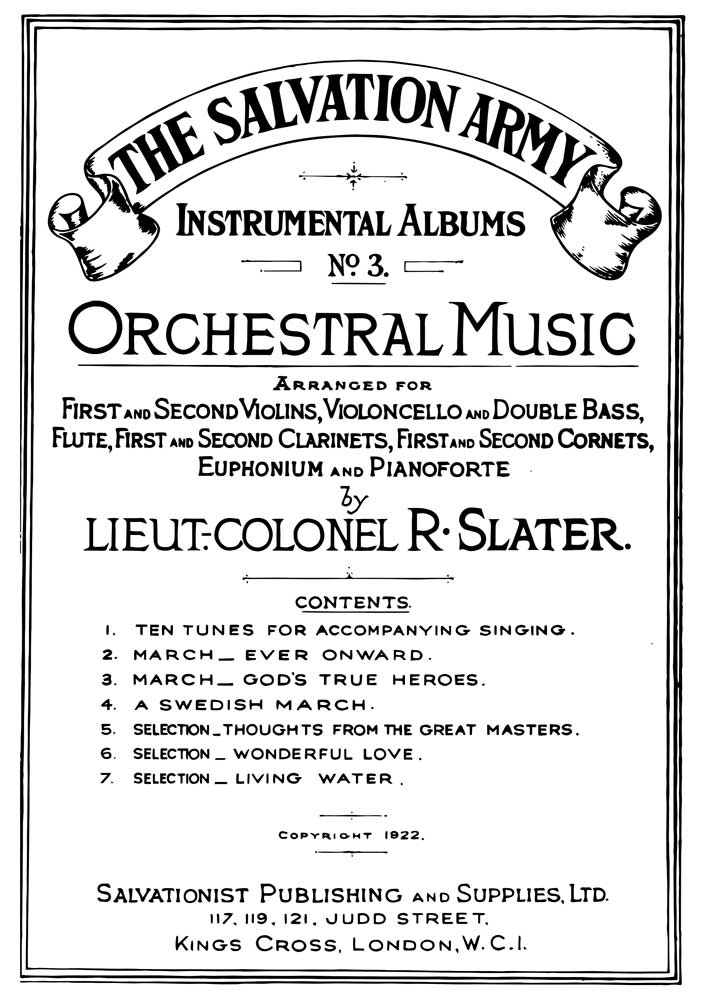 £14.95
£14.95Instrumental Album No.3 - Orchestral Music
Includes: Ten tunes for accompanying singing; March - Ever Onward; March - God's true heroes; A Swedish March; Selection - Thoughts from the great masters; Selection - Wonderful Love; Selection - Living waterInstrumentation: 1st & 2nd Violins, Cello & Double Bass, Flute, 1st & 2nd Clarinets, 1st & 2nd Cornets, Euphonium & Piano
Estimated dispatch 7-14 working days
-
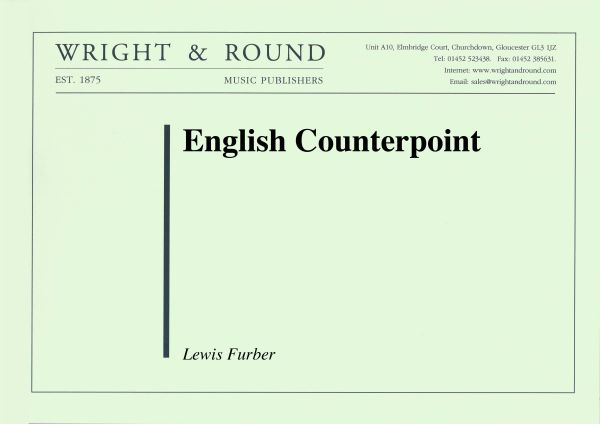 £40.00
£40.00English Counterpoint (Score and Parts)
The winner of the inaugural RWCMD Cory Composition Prize in 2015, debutant brass band composer Lewis Furber unlocks an original and evoactive soundworld, where the influence of composers such as Vaughan Williams is never far away. Features solos for flugel horn, euphonium and baritone.
Estimated dispatch 7-14 working days
-
 £44.95
£44.95Road to Run
The piece starts with a simple rhythmic pulse which is the basis of the entire work. This cell provides a platform for the piece to grow and develop starting with the first theme played by the euphoniums, all the way through to the conclusion performed in full gusto by the whole ensemble. The various motifs introduced throughout the opening of the piece are passed between the ensemble before the introduction of the three soloists.The central section of the piece features the Solo Trombone, Cornet and Euphonium as they take turns to play a jazz fusion solo whilst having some musical interplay with each other at the front of the stage. After this solo passage, the music then features the various sections within the ensemble, which pays homage to Weather Reports' famous "Birdland". In a jazz fused cannon, each new independent musical phrase is performed by the various sections standing. Starting with the Horns then Solo Cornets, Back Row and Flugal and finally the Baritones and Trombones.Once the different sections of the ensemble are featured, the piece then moves into the final stages. This section sees a reprieve of the opening material heard at the beginning, but further developed with the various melodic motifs passed around the ensemble. The ending builds on this material towards a rousing conclusion."Road to Run" is an up tempo, high energy concert work that has that 'feel-good factor' from start to finish. The idea behind the title is based on the feel and structure of the piece which takes the listener on a musical journey. And at 150 beats per minute - you could put it in your headphones and find your own 'Road to Run'.
Estimated dispatch 7-14 working days
